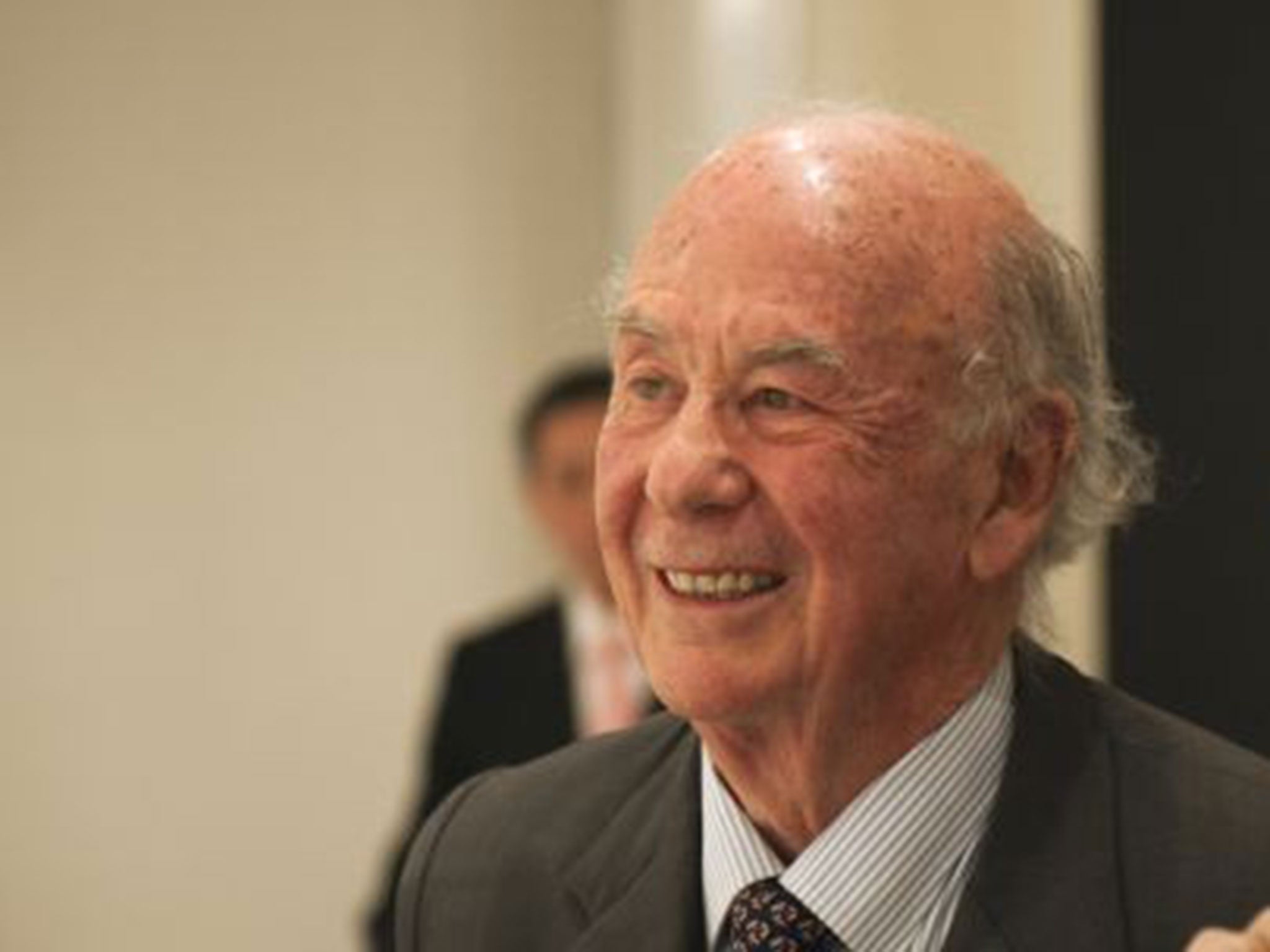Enrique Zileri: Fearless editor whose magazine ‘Caretas’ fought corruption and abuses of human rights in Peru
Mario Vargas Llosa called him 'an indefatigable defender of freedom and democracy'

Your support helps us to tell the story
From reproductive rights to climate change to Big Tech, The Independent is on the ground when the story is developing. Whether it's investigating the financials of Elon Musk's pro-Trump PAC or producing our latest documentary, 'The A Word', which shines a light on the American women fighting for reproductive rights, we know how important it is to parse out the facts from the messaging.
At such a critical moment in US history, we need reporters on the ground. Your donation allows us to keep sending journalists to speak to both sides of the story.
The Independent is trusted by Americans across the entire political spectrum. And unlike many other quality news outlets, we choose not to lock Americans out of our reporting and analysis with paywalls. We believe quality journalism should be available to everyone, paid for by those who can afford it.
Your support makes all the difference.The journalist Enrique Zileri was scourge to a succession of repressive Peruvian governments during his decades at the helm of Caretas, Peru’s leading news magazine. He was a persistent advocate for press freedom, Mario Vargas Llosa calling him an “indefatigable defender of freedom and democracy” whose publication “could never be bribed or intimidated.”
Caretas – “Masks” – was co-founded by Zileri’s mother in 1950. Under Zileri it combined investigative reporting with cultural features and society gossip, and stood out with its refusal to show loyalty to any political faction and by seeking to expose government abuses, whoever was in power. Its office was across from the presidential palace. “I imagined the President peeping out from behind the palace curtains, training his binoculars on Zileri’s mischievous grin,” wrote Isabel Hilton.
Caretas was closed down many times, and twice Zileri was exiled. During the autocratic 1990s government of Alberto Fujimori, Caretas aggressively investigated corruption and human rights abuses. Chief of national security Vladimiro Montesinos sued for defamation when Caretas described him as Fujimori’s “Rasputin.” Zileri was fined and received a suspended jail sentence. Like his magazine’s journalism, his quips were often insightful. Before the 1990 presidential election, in which Vargas Llosa would lose to Fujimori, Zileri gave his estimation of the writer’s prospects. “You have to be willing to step on your mother,” he said, “and I’m not sure that he is.”
Enrique Alberto Zileri Gibson, journalist: born Lima 4 June 1931; married Daphne Dougall (died 2011; three daughters, two sons); died Lima 24 August 2014.
© The Washington Post
Join our commenting forum
Join thought-provoking conversations, follow other Independent readers and see their replies
Comments